Tough Guy Babysits…Again: Playing with Fire
'Playing with Fire' was clearly a film made for a kid or tween-ish audience. Keeping that in mind, I thought 'Playing with Fire' was alright, though it did portray some harmful stereotypes.
Incluvie Foundation Gala - Learn More
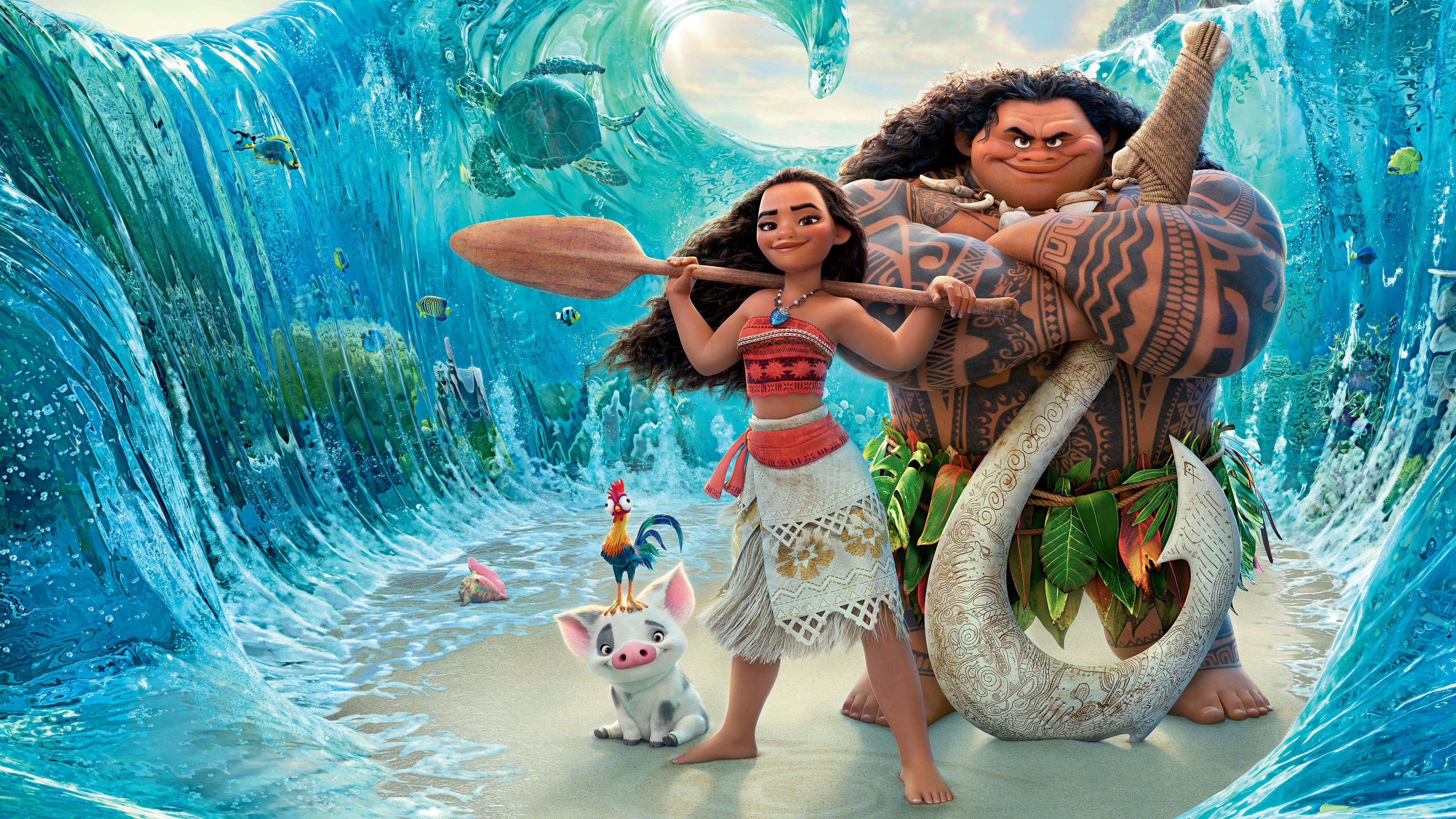

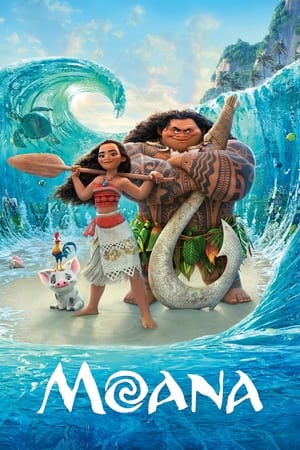


Disney can and has to do better in supporting the LGBTQIA+ community. The sense of support and representation for the aroace community I discuss in this article are entirely hypothetical. Aroace is shorthand for aromantic and asexual (the spelling is different because ace is based on pronunciation). These readings are meaningful for fans on the asexual spectrum (referred to as A-spec) who notice similarities and feel seen by the presence of these characters. Maybe they are intentionally coded to represent the aroace community, but there’s no official canon presence of any character on the A-spec in Disney films. In fact, Disney's first canonically queer character in an animated feature film only came last year with Strange World.
Broadly speaking, aromantic individuals are people who either do not feel romantic attraction at all or at least not in the traditional sense. Shift the context from romantic to sexual attraction and you have asexual people. The A-spec is a spectrum on which individuals experience different degrees of romantic and sexual attraction. Like any label, it can be individually defined by those who identify as aromantic, asexual, or as being on the aroace spectrum. It is also important to mention that while Disney as an organization hasn’t always been the best ally of the LGBTQIA+ community (think of the “don’t say gay” bill controversy), its content has resonated with queer people for a long time because many famous and iconic characters are queer-coded since directors, songwriters, and other creatives were often queer individuals themselves and intentionally coded some of the characters they created.
Few things in the realm of entertainment are able to replicate, let alone surpass, the enchanting and fantastical worlds of Disney Studios. Their magical wonderlands and blissful worlds have been captivating audiences for almost a century and I am no exception - some of the most influential media from my childhood up to now have been products of Disney. But I'm not here to celebrate or excuse them, they have a glaring and, up until recently, unaddressed issue that spans nearly its entire lifetime - an absence of diversity. And that doesn't really even begin to express the gravity of the issue, it's more an avoidance of diversity, a conscious effort to neglect any competent minority representation. It wasn't until 69 years later that Disney finally released a film featuring people of color in 1992's Aladdin - with an all-white voice cast. And three years after that with one of the most beautifully animated films Disney has ever produced in Pocahontas in 1995, which actually utilized Native American talent such as Irene Bedard, James Apaumut, and Russell Means, amongst others, to voice its Native American characters, but also has one the most backwards and problematic narratives Disney has ever offered. It wasn't until Mulan in 1998 that Disney finally made a feature film about non-white characters, starring (primarily) non-white actors, that made actual progress towards inclusion and even as it relates to trans representation as discussed here, which is something the rest of the industry still has yet to make significant progress on. But with that being said, since 2009's Princess and The Frog, Disney has seemingly made an effort to release films featuring a variety of cultures that stand alone and above many of their other projects.
But they still have a ways to go. While they have made enormous leaps in way of Hispanic and Asian representation with fantastic films like Coco, Moana, Raya and the Last Dragon, Encanto, and most recently Turning Red, they have fallen behind on the front of Black representation, with only two films, 11 years apart, featuring a Black main character. Princess and The Frog and 2020's Soul. This lackadaisical attitude they seem to have is a bit alarming, and as great as I thought Soul was, there was one stand-out issue: the main character, Joe Gardners (Jamie Foxx), has his soul swapped into the body of a housecat while 22 (Tina Fey), a yet to be born soul, is transferred to his body, thus removing any sense of individualism he once had, and even plays him off as a joke at times. This is, unfortunately, the case for a not-insignificant portion of the film. Joe spends a lot of time as a tamed, talking cat while a white woman is voicing and acting in a black body. This doesn't entirely ruin the film or detract from what is otherwise beautiful, but the decision to commit to this frame of storytelling for such an extended duration is a bit perplexing, especially given it received so much praise for its depiction of Black culture. Though the film does have a number of themes permeating throughout, it can feel a touch crammed, which ultimately leads to getting even less time with Joe Gardner - the man. And for those of you who have seen it, you know he isn't devoid of development, as Joe and 22 rely on one another to learn about multiple different aspects of life. But it still remains that he isn't his own person for much of the movie, and I would have loved to see a version of the film where Joe still gets to experience that same development while being in control of his own actions. I don't entirely know how something as glaring as this went overlooked at Disney, and Pixar too for that matter. (Editor's note: especially after how Princess Tiana was trapped in the body of a frog for most of Disney's Princess and the Frog.)
This also isn't the only misstep they've taken recently. Disney recently had a scene for the upcoming Pixar film Lightyear removed, that features a same-sex kiss. Fortunately, Pixar employees demanded it be restored and Disney complied, but why was it taken out in the first place? Disney seems insistent on reaming stagnant when it comes to inclusion and trying to represent all types of people. When they move, they move slow, and the progress is minimal, but at the end of the day, it's progress nonetheless. With films like Luca, which many argue is LGBTQ+ coded given the relationship between the two main characters, Disney clearly has the potential to tell incredible stories revolving around same-sex relationships if they just stop with the 'no-homo' environment they seem to be pressing. I personally think it's time for Disney to stop with the tip-toeing and release a film with proper representation for groups of people they have otherwise hidden as background ambiguous easter eggs, and simply deal with whatever controversy they would inevitably receive. Because let's be honest, with the success of their animated features, not to mention their little properties known as Star Wars and the MCU, it's not like they have anything to recover from financially. So bite the bullet, Disney: you have no reason not to.
Filmed with the original cast at the Richard Rodgers Theatre in 2016, Hamilton debuted on Disney+ on July 3. While originally slated for an October 2021 theatrical release, Disney moved the film up a year and a half due to COVID-19.
Before I watched this recording, I had very little exposure to Hamilton. Of course, I had heard everyone in the world raving about it for years. However, I didn’t know the story, nor did I know any of the songs. I went into it essentially blind. While this film could never fully capture the raw energy of seeing it performed live, Hamilton provides a great opportunity for those who have sat out this cultural zeitgeist thus far to now jump on the bandwagon.
Hamilton tells the story of “Alexander Hamilton, Alexander Hamilton” played by Lin-Manuel Miranda. In grand fashion, Hamilton depicts the formation of the United States as it declares independence from King George (Jonathan Groff), and its journey as it establishes a new government. Through this, we learn of Hamilton’s own personal shortcomings, as well as his rivalry with Thomas Jefferson (Daveed Diggs).
Hamilton is a truly unique musical. It blends hip-hop, jazz, R&B, and classic Broadway together for an array of electric and pulsating songs. Lin-Manuel Miranda, as the show’s writer, is an absolute genius. I first became a fan of his with Moana (2016), but hearing his lyrics and seeing Hamilton performed gave me a whole other level of respect for him. This is such a dense musical; I can’t even imagine what the writing process must have been like. It’s able to provide a great deal of education with fantastic, thought-provoking lines, while also keeping a beat. The writing is just simply brilliant.
This list details the best of the animated classics featuring cultural and racial diversity – subjective and in no particular order. Also included are favorite movie quotes, songs, and notes on whether the main voice actors are accurate to the film.
This Pacific Island princess declares to god Maui:
Maui laughs in her face, deceives her multiple times, and throws her off the boat, with song and dance to boot. Despite this, Moana maintains her identity and ambition. Eventually, she learns that basing one’s ambition on another person, or demi-god, is not the best idea and that having a backup plan is wise. Her backup plan then turns into her main plan - i.e. trusting herself! Fantastic girl power, and excellent self-determination. Moana (2016) doesn't mess around!
The characters that made the cut are in essence — girls that kick butt, challenge stereotypes/gender norms, and are just in general, great characters to begin with. Who says a girl can’t have some spunk?
Matilda is a special girl with telepathic powers and a brilliant mind for her age. She frequently stands up to her ruthless principal and parents with both her smarts and psychic abilities.
TW: Body Dysmorphia, Misogyny, Sexual Harassment
Like all modern societal phenomenons, it started with a meme. This one highlighted that when there’s a mom in a Pixar film, she is almost without fail given striking curves that highlight the bottom half of her body following a minuscule waist. From Elastigirl to the skeletal Mama Imelda, the animation giant’s artists seem to have a fixation on making exaggeratedly curvy maternal characters. It could possibly be argued as body-positive by having some non-skinny bodies on-screen — and occasionally that is actually the case, like with Laurel Lightfoot in Onward and Dorothea Williams in Soul. More often than not, though, the mothers in the Pixar universe are given these outrageously proportioned bodies that are so far from most women’s physical realities. In addition to being completely inaccurate, it further sexualizes these strong female characters and reduces them to their physical attributes in ways their male counterparts seldom experience. Pixar men have the luxury of diverse and realistic physical attributes from balding to beer bellies to scrawniness alike. This mother-specific trope reached an irredeemable peak in 2016’s Inner Workings – aka the short film released before the most revolutionary Disney princess to date, Moana. Un-shockingly directed, written, and produced by all men, the animation of the film gives each female character a gratuitous behind and the smallest of waists.
What over-proportioned women have to do with the plot is beyond me. The dialogue-less short film follows a regimented young man on his way to work and his decision to prioritize having fun at the beach instead of being stuck in his brick-in-the-wall job. In the end, he takes half the day off, turns his workplace into a disco… and then everyone is partying while working? The true uniqueness of it comes through the anthropomorphic organs of the main character where the brain and heart fight over control of his fate. The moral of this film, I gather, is to have fun and not get stuck in a dead-end job – as if people can help that with the structural barriers that keep most from the necessities needed to achieve their dream.
Besides the generic messaging of “follow your heart”, it also advertises a grossly over-sexualized image of femininity with the design of the love interest. The young woman, pictured below, is given a large posterior and the smallest waist to be seen yet on a Pixar character (even skinnier than the skeletal great-great-grandmother in Coco). She does have some sort of career aspiration, namely selling sunglasses at a kiosk, but she only laughs and smiles and has no real depth beyond being a possible romance for the main character. If anything, she acts as a reward for his learning how to loosen up. She gets more of a storyline in the credits, where three still images show the new couple falling in love, on a bicycle together, and having two children. The only “positive” views of her seen in the entire short are that she’s the only female “character” (though barely that) and in the last picture she appears to have stretch marks on her thighs (though it could be a glint of water). Basically, this character assumes a hyper-feminine archetype where her only roles are to be pretty/ideal for the male gaze, be silent, and engage in nuclear family norms as both mother and lover. Even the women in the background all (literally all) have a similar fictiously inflated body type. Whether they’re sitting at the café or in the out-of-focus background, a point is made of them being there and visible as part of an alluring aesthetic.
Could you use some hearty laughs? Then you’re in the right place!
Below is a selection of diverse comedies from different countries. I’ve tried to pick iconic movies that give an introductory taste of each country’s culture and sense of humor, but this is only just a beginning. Let’s start this international laughs festival, straight from your home!
OSS 117: Cairo, Next of Spies (2006)
(Original Title — OSS 117: Le Caire, nid d’espions)

In Ancient Polynesia, when a terrible curse incurred by Maui reaches an impetuous Chieftain's daughter's island, she answers the Ocean's call to seek out the demigod to set things right.
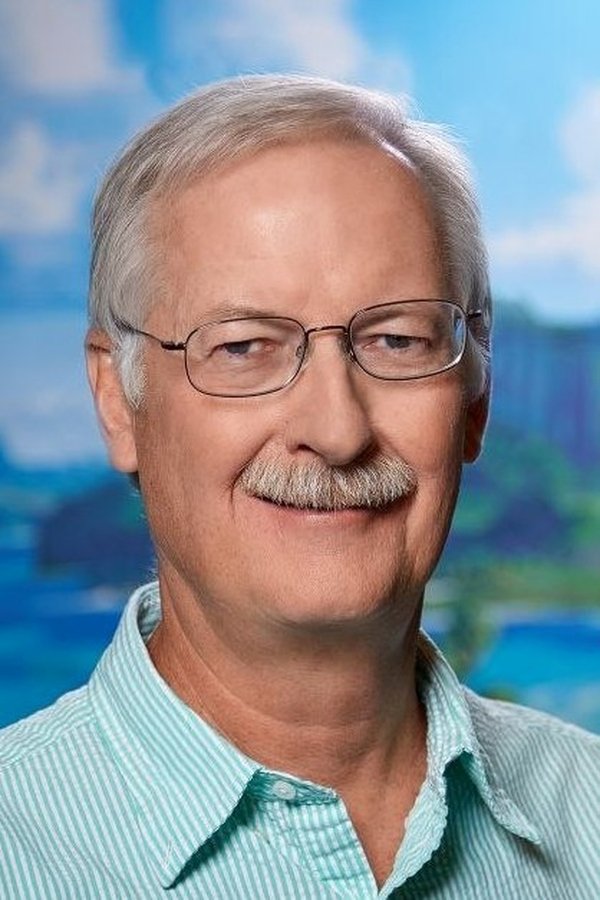
John Musker, Ron Clements
Director

John Musker, Ron Clements
Director
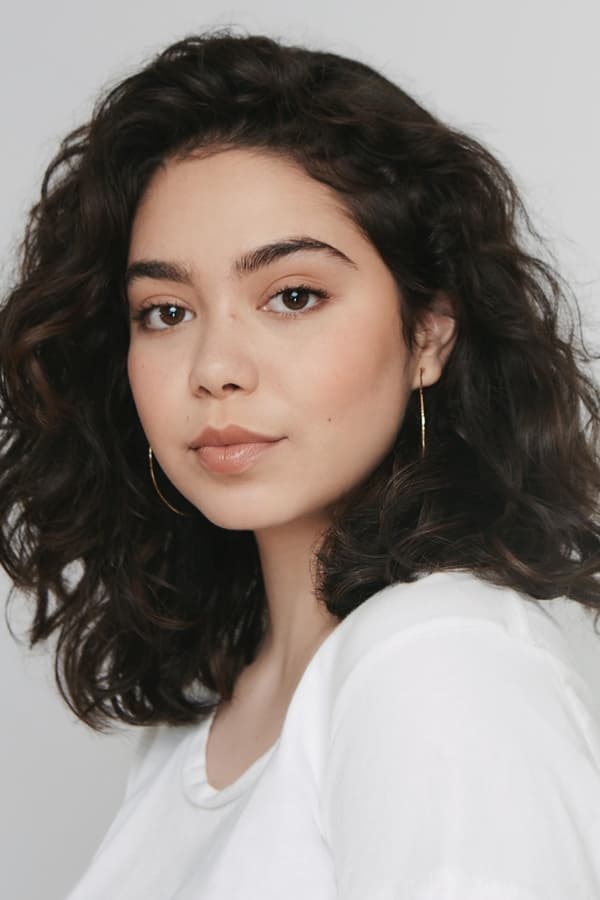
Auliʻi Cravalho
Moana (voice)
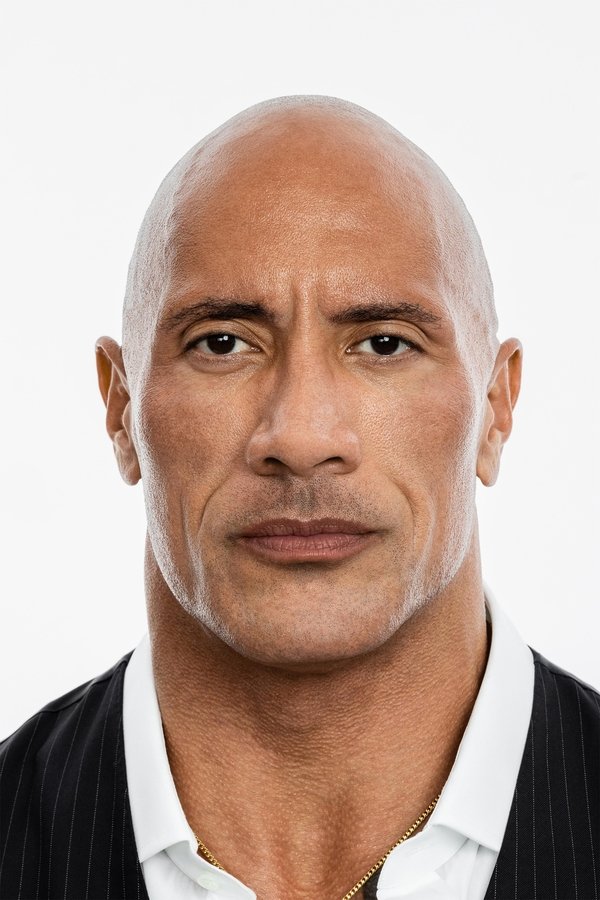
Dwayne Johnson
Maui (voice)
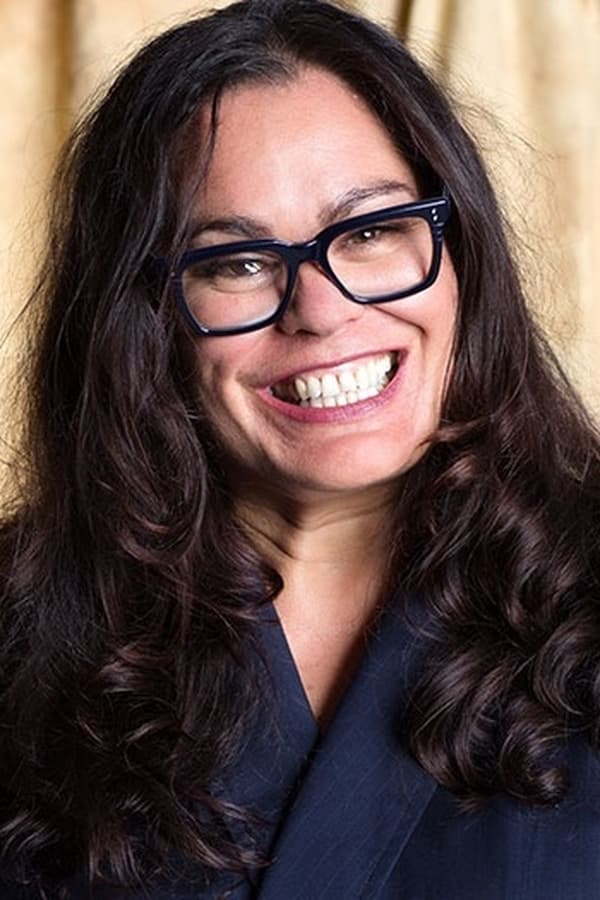
Rachel House
Gramma Tala (voice)
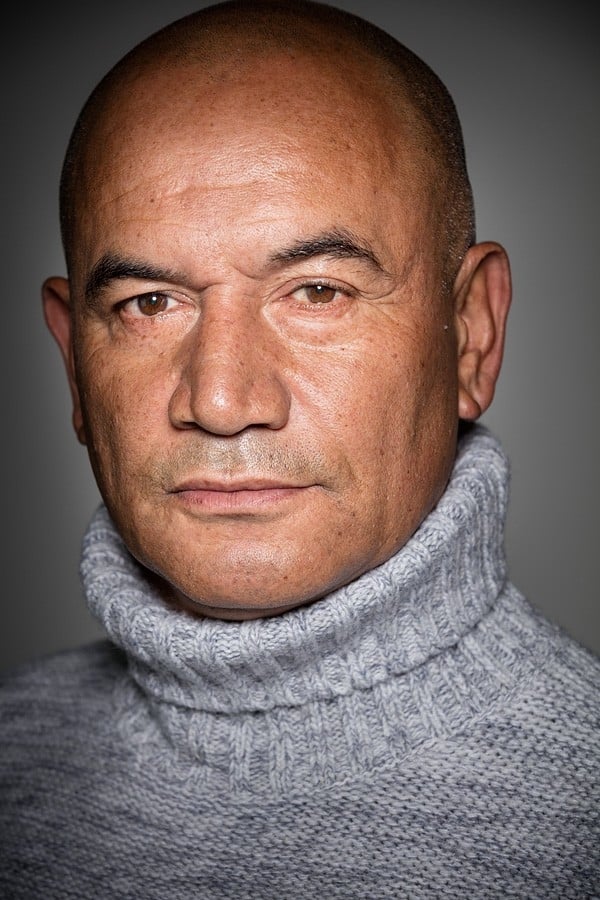
Temuera Morrison
Chief Tui (voice)
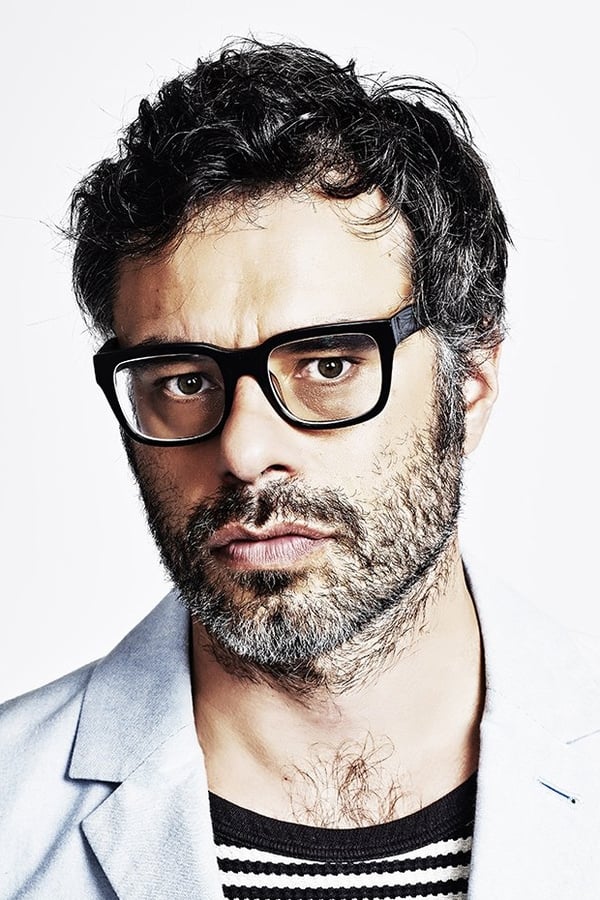
Jemaine Clement
Tamatoa (voice)

Nicole Scherzinger
Sina (voice)

Alan Tudyk
Heihei / Villager #3 (voice)

Louise Bush
Toddler Moana (voice)
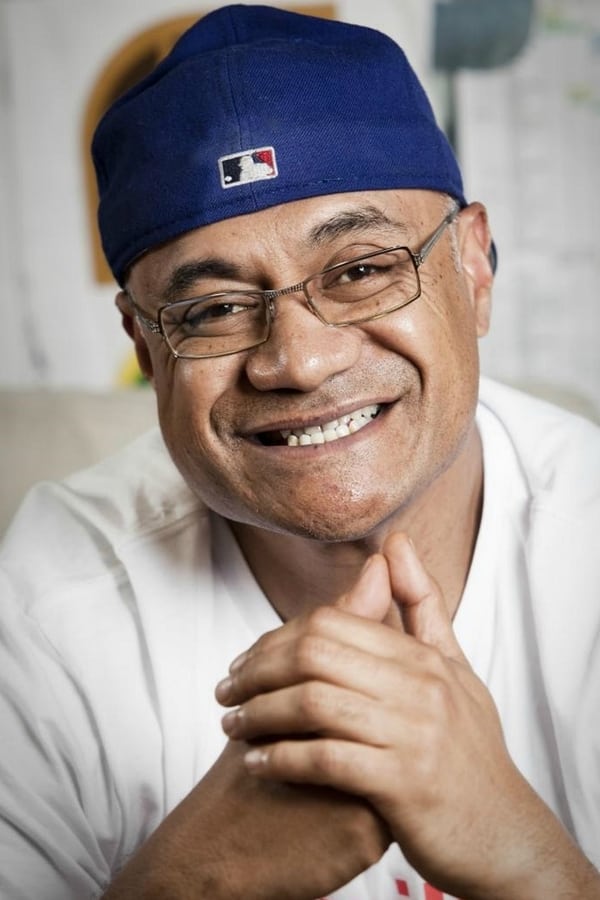
Oscar Kightley
Fisherman (voice)
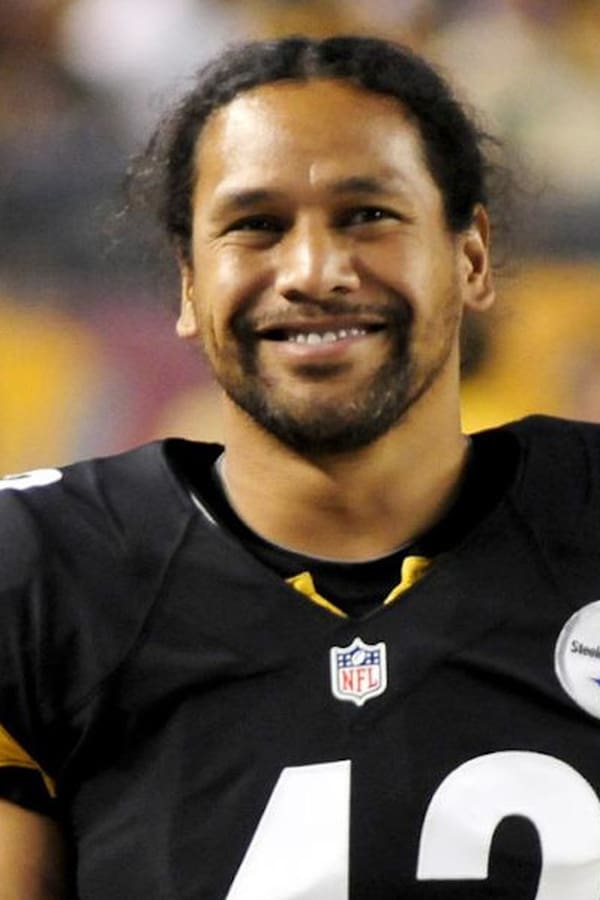
Troy Polamalu
Villager #1 (voice)

Puanani Cravalho
Villager #2 (voice)
'Playing with Fire' was clearly a film made for a kid or tween-ish audience. Keeping that in mind, I thought 'Playing with Fire' was alright, though it did portray some harmful stereotypes.
A collection of the ten best films that captured William Shakespeare’s pathos the best, both for the diversity they bring, and of course “the aesthetic."
The June episode of the Incluvie Movie Highlights provides 3 new and buzzworthy films presenting different types of love: Good Luck to You, Leo Grande with intimacy, Father of the Bride with familial love, and this month's feature - Fire Island, with intimate and romantic love. Movie Critic Melanie Ojwang joins us to discuss Emergency.



